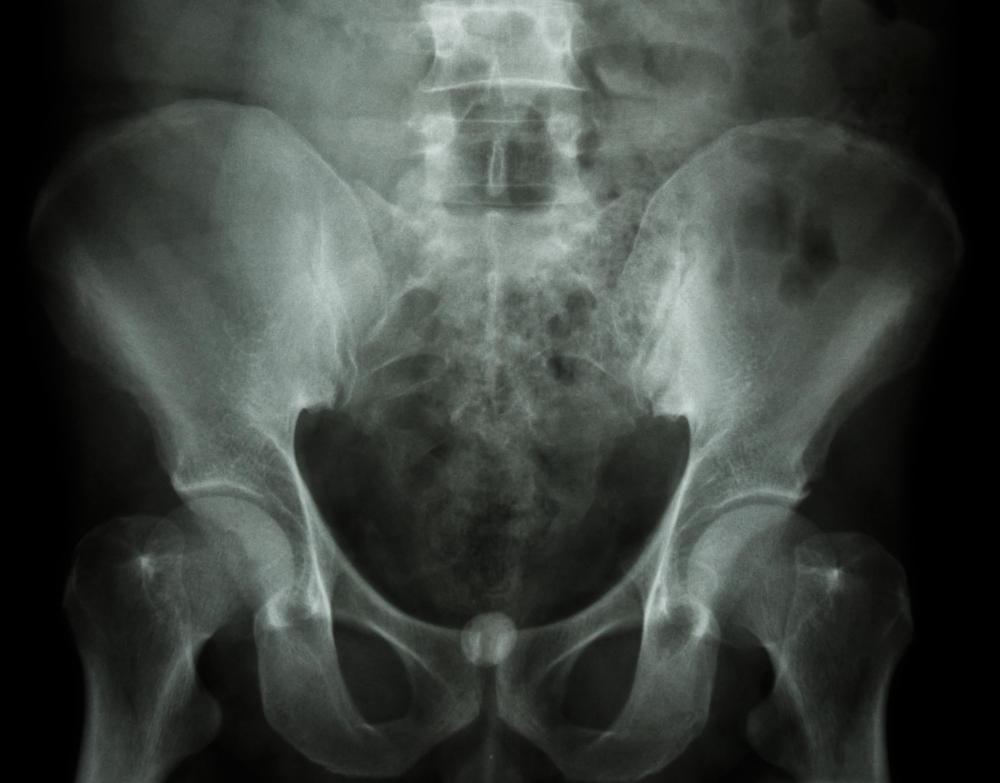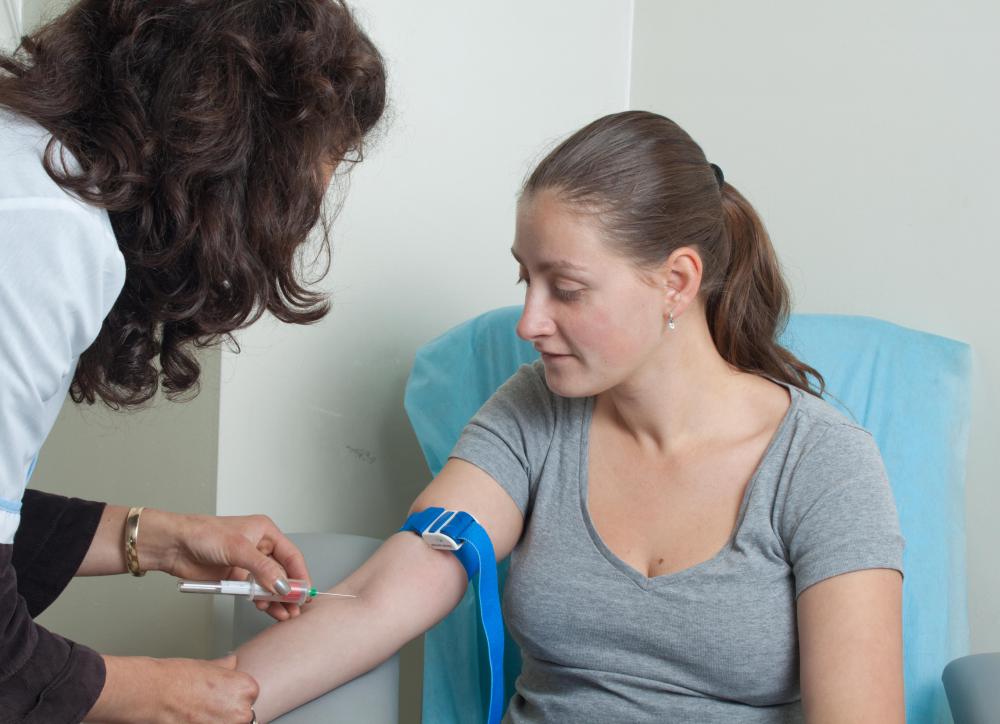At TheHealthBoard, we're committed to delivering accurate, trustworthy information. Our expert-authored content is rigorously fact-checked and sourced from credible authorities. Discover how we uphold the highest standards in providing you with reliable knowledge.
What is Uroflowmetry?
Uroflowmetry is a diagnostic test that is administered to check for abnormalities in the amount or flow rate of a patient's urine. The procedure is straightforward and painless, and simply involves urinating into a funnel device attached to an electronic meter. Doctors commonly use uroflowmetry to check for possible bladder obstructions, kidney problems, prostate enlargement, and urinary tract infections. Unusual test results indicate the need for additional testing procedures, such as x-rays and sample lab analysis.
In most cases, a urologist or primary care physician will decide to perform uroflowmetry after conducting a physical exam and asking about a patient's physical symptoms. The test is usually not performed on the same day as the initial evaluation, since certain measures need to be taken to prepare. A physician can explain the procedure and inform the patient what he or she needs to do before uroflowmetry. Exact instructions may vary, but most doctors suggest that people avoid taking non-essential medications about 48 hours before the test to ensure accurate results. In addition, people need to drink several glasses of water on the morning of the exam so they will have full bladders.

On the day of the uroflowmetry test, a doctor can explain the procedure and show the patient how to use the equipment. The meter and funnel are attached to a toilet in a private bathroom. About five seconds before urinating, the person presses a button to turn on the meter. He or she then urinates into the funnel, trying to do so normally without straining or stopping. After urinating, the button is pressed again to turn the meter off. A nurse or doctor then retrieves the device and reads the results.

Test results reveal how much urine was released, the rate at which it was expelled, and how long it took to completely void the bladder. Meters typically report amounts in milliliters per second (mL/sec). Results can be compared to well-established averages for males and females in certain age ranges to see if they are normal. For example, the average flow rate for males over the age of 65 is about 9 mL/sec. If a patient's uroflowmetry results are around 5 mL/sec, the doctor can confidently suspect that an enlarged prostate or another common condition is impeding regular urinary flow.

When uroflowmetry readings are abnormal, diagnostic imaging screens, additional physical exams, and blood and urine tests are performed. Treatment in the form of medication, physical therapy, or surgery may be needed depending on a person's specific problem. Often, uroflowmetry tests are repeated periodically throughout the course of treatment to determine if symptoms are improving.
AS FEATURED ON:
AS FEATURED ON:

















Discuss this Article
Post your comments